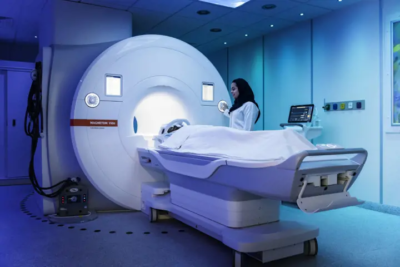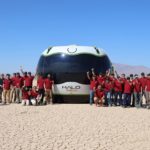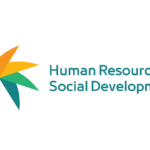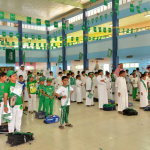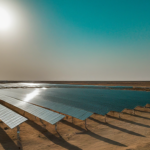
“The week’s worth of events and announcements were sequenced to have a particular effect. The most important was to show that Saudi Arabia has agency over its own future. It did more than hand a diplomatic victory to China, its leading oil customer. It bookended that victory with actions that were meant to appeal to the United States—its leading security provider—and put Israel—a prospective partner—on notice. The Boeing deal reinforced not only that Saudi Arabia is a serious economic player, but also that it is willing to act independently and without an entangling set of diplomatic negotiations and concessions.”
Jon B. Alterman, SVP and Director, Middle East Program, Center for Strategic and International Studies (CSIS). Saudi Arabia Steps Out [CSIS]

“Five countries in the region have seen food inflation going beyond 60 percent just this year, with Lebanon and Syria facing triple-digit food inflation at 138 percent and 105 percent respectively. In Iran, Turkey, and Egypt, annual food inflation is more than 61 percent, making it difficult for families to afford essential food items like bread, rice, and vegetables.”

“This is likely the beginning of a new era of Saudi diplomacy, and it will mean much more work for the Saudis. Like most diplomacy, many of its wins are likely to be partial. But to a degree unseen in decades, the Saudis are stepping out on their own.”
Jon Alterman, SVP and Director of the Middle East Program, Center for Strategic and International Studies (CSIS), Saudi Arabia Steps Out [CSIS]

“Saudi Arabia’s strategy is intended to guarantee its security. By assembling a broad network of partners, including China, Israel, and the United States, and by improving relations with adversaries such as Iran, Syria, and Turkey, the Saudi regime hopes to shore up its long-term stability.”
Maria Fantappie and Vali Nasr, A New Order in the Middle East? [Foreign Affairs]

“In 2022, 70 percent of employers reported that their organization’s headcount increased, most commonly by more than 10 percent. This is a significant increase from the 43 percent of employers who reported the same in 2021.”
Saudi Arabia salary guide: Pay grades for almost 200 jobs in the Kingdom revealed [Al-Arabiya]

“The Royal Commission of Riyadh City announced the launch of the first phase of the Riyadh bus service with more than 340 buses on 15 routes under the King Abdulaziz Project for Riyadh Public Transport. The ambitious public transport project is set to have 633 stations and stops within the Riyadh Buses network, which in total, consists of 86 routes. The bus network will encompass 1,900 km after all five phases become operational by the end of 2024. The network is set to exceed 800 buses with more than 2,900 stations and will include an integration of metro trains and buses. The total value of the project is estimated to be $22.5 billion and will reduce the number of car trips by approximately 250,000 trips per day.”

“Officials in Riyadh hope this deal… will finally pressure the Biden administration to [grant] the Kingdom concrete U.S. security guarantees including reliable access to U.S. arms. Riyadh still prefers America as its strongest ally, but, ‘We have to accept reality and figure a way to live with a nuclear Iran. So, we will go from hostile relations to better relations.'”
-Karen Elliott House, Senior Fellow at Belfer Center, Harvard Kennedy School, Significance of the Iran-Saudi Arabia Agreement Brokered by China [Belfer Center]

“I will not go into details but we have agreed that neither country will be a source of instability for the other one. Iran will use its influence in the region, particularly in Yemen, to help Riyadh’s security. Both sides will do their best to preserve security in the Persian Gulf, guarantee the oil flow, work together to resolve regional issues, while Tehran and Riyadh will not get involved in military aggression against each other.”
-An unnamed Iranian official. [Reuters]

“Historically we’ve been nowhere near as well served as the hubs of the other airlines. There will be more orders to follow and it will enable us to put connectivity into places that fulfill the ambition of the nation, but for the avoidance of doubt, this will be commercially sustainable…We don’t have a legacy so we don’t need to go about how we interact with our guests in a conventional way.”
-Tony Douglas, CEO Riyadh Air, in an interview with Bloomberg. Douglas described Riyadh Air’s operations until launch as a “startup.” [Bloomberg]

“The US administration estimated that the Boeing and GE components of the order mean about 1 million US jobs in 44 states across the American supply chain. That would include about 150,000 new manufacturing positions.”



